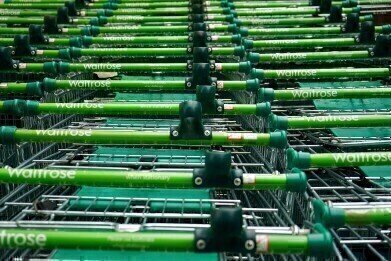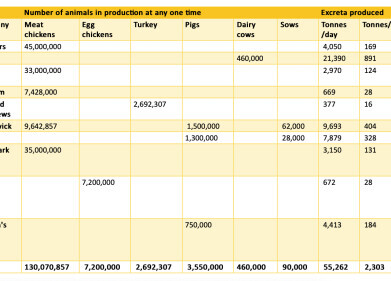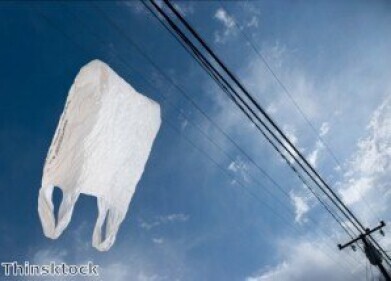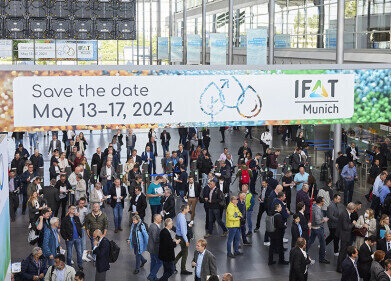Waste Management
Plastic-Eating Fungus Wins £1m Waitrose Funding
Jun 24 2019
A bio-recycling plant in Somerset which uses fungus to mitigate plastic pollution has won a share of a £1 million grant from supermarket Waitrose. The fund has been raised through the sale of plastic bags for a cost of 5p and will be divided between five winning projects, each of which is aimed at tackling the problem of plastic pollution in the UK.
Tor Harris, the head of Corporate Social Responsibility at the supermarket, said it wanted to focus on plastic pollution in the wider community and not just inside its stores. “It’s important for us to tackle unnecessary plastic both in our shops but also in the wider world,” he explained. “All these inspirational projects have the ability to create real impact in tackling environmental issues and encouraging behaviour change so we can collectively achieve our goal of reducing plastic pollution.”
The competition, conducted in collaboration with environmental charity organisation Hubbub, received 150 applications from across the UK. The five winners were:
- Blue Marine Foundation for SAFEGEAR
Devon-based organisation Blue Marine Foundation have developed a way for fishermen to keep track of their gear while at sea and minimise the incidence of lost equipment, which can contribute to marine debris. The beacons and buoys which they attach to fishing gear allow it to be remotely tracked by its owners, who are also alerted if it changes position and can contact other vessels in the close vicinity.
- Onion Collective CIC and Biohm for Community Bio-Recycling
Many forward-thinking projects are mixing technology with science to tackle plastic pollution, but the aforementioned Somerset bio-recycling plant is relying on the curative powers of nature itself. Through the use of mycelium, which is a vegetative component of fungus, the plant is capable of breaking down synthetics into recyclable materials that can be turned into new products.
- Plymouth Marine Laboratory for Mussel Power
Another project using the power of Mother Nature, this south-coast company employs beds of mussels in coastal regions and river mouths to isolate and remove microplastic pollution from the surrounding water. The trial project will be a good test of whether such bioreefs can be effective in tackling the dangerous problem of microplastic pollution on a larger scale.
- Women’s Environmental Network (WEN) for Environmenstrual Plastic-Free Periods
This nationwide campaign aims to raise awareness about the various sustainable menstrual products on the market. Working in collaboration with non-profit organisation City to Sea, WEN hope to revolutionise the way women think about period products and greatly reduce plastic consumption in the process.
- YHA for Message in a Bottle
The Youth Hostelling Association across England and Wales is attempting to minimise or eliminate completely the use of single-use plastic bottles among its properties. While YHA vending machines, cafes, bars and packed lunches currently use hundreds of plastic bottles on a daily basis, the installation of water bottle refill points at 60 YHA locations around the country aims to put a stop to this profligate practice.
Events
May 05 2024 Seville, Spain
May 13 2024 Munich, Germany
May 23 2024 Beijing, China
May 23 2024 Beijing, China
Jun 10 2024 Algiers, Algeria













